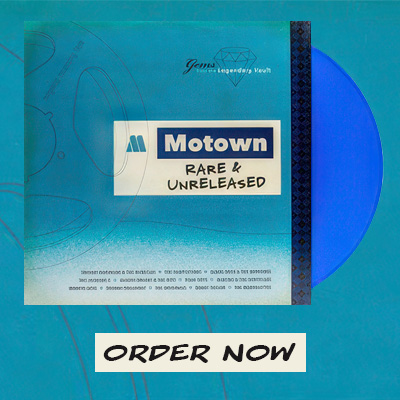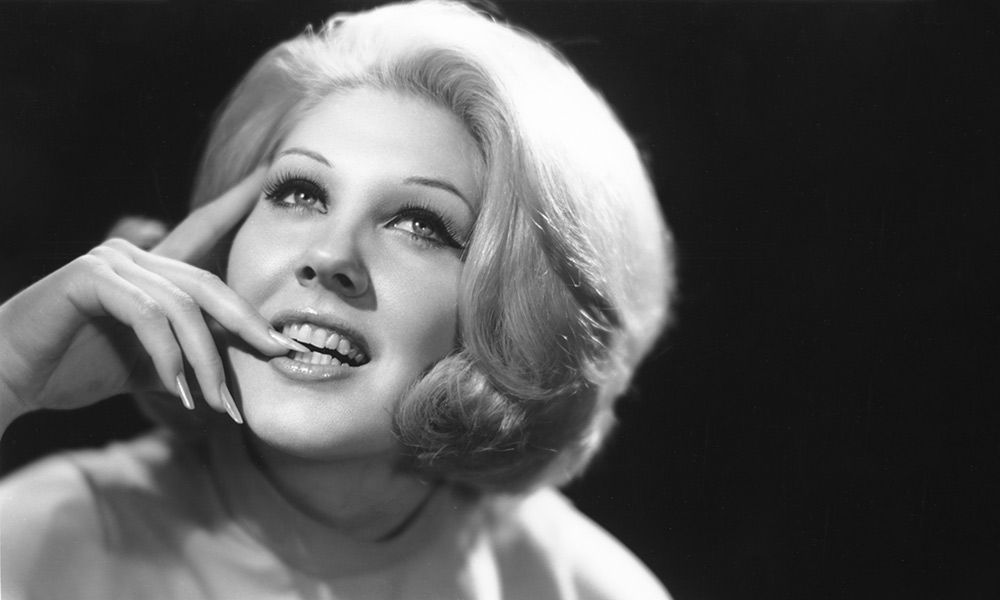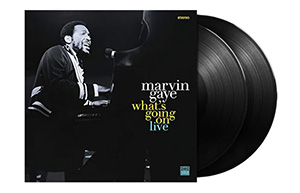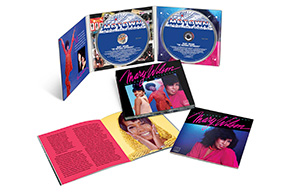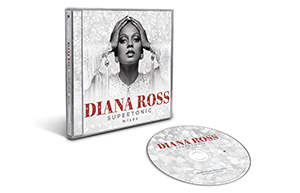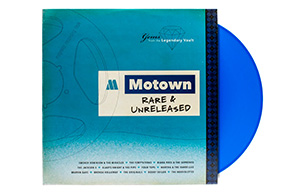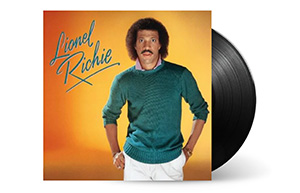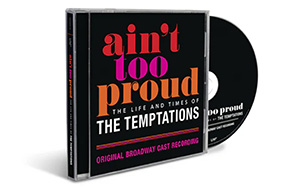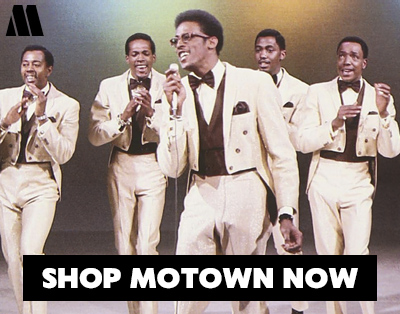Chris Clark
She was tall, platinum blonde, blue-eyed and stunning, with a soulful voice influenced by the likes of Etta James and Billie Holiday and, although the multi-talented Chris Clark never had a hit, her recordings made her a cult favorite among aficionados worldwide because, as British Motown historian Keith Hughes writes, “Chris was the authentic article.”
FAST FACTS:
- First hit: “Love’s Gone Bad”
- Biggest hit: “Love’s Gone Bad.”
- Biggest Album: Soul Sounds
- Career highlight: Getting an Oscar® nomination for co-writing, with Suzanne de Passe, the screenplay for Motown’s film bio-pic of Billie Holiday, Lady Sings The Blues.
- Born in Santa Cruz, CA on Feb. 1, 1946, Chris Clark, like many Motown artists, is still a teenager when she auditions in 1963 for the company. Motown’s “Mr. West Coast,” Hal Davis, is impressed enough to send her to Detroit for an audition with Berry Gordy. At that audition, Clark decides to sing an acappella version of Etta James’s “All I Could Do Was Cry,” unaware Gordy had written the song. It helps get her a contract although, also like many other young Motown artists, it would be a while before she began recording, as she handled office duties for a time.
- Both sides of her first single, recorded and released on Motown in 1965, are written by Gordy, with the A-side “Do Right Baby, Do Right” an infectious, bluesy track with vocal backing by the Lewis Sisters, actually released twice, first using Gordy’s stripped-down mix and later a punchier re-mix by Lawrence T. Horn. Sadly, it attracts little attention.
- Shifted to the V.I.P. label, Clark’s next scheduled release, a remake of Frank Wilson’s abandoned coulda-been-a-hit “Do I Love You (Indeed I Do)” is also scratched from its scheduled release although, like Wilson’s version, it later finds a large audience among Motown rarities collectors via a bootlegged pressing.
- With “Love’s Gone Bad,” which featured a terrific Holland, Dozier and Holland composition, a rocking organ-driven track and her intense vocals, Chris finally gets a song on the charts in 1966. Chris imparts confidence to her version of “Put Yourself In My Place” on the B-side, regarded as one of better versions of this oft-recorded HDH song.
- Gordy writes and produces her next single, 1967’s “I Want To Go Back There Again,” which unjustly fails to chart. It remains one of his favorite compositions and displays convincing vulnerability, yet another dimension of her underrated vocal flexibility. The flipside, “I Love You,” marks the debut of Marvin Gaye as a producer.
- The Soul Sounds LP comes out on Motown, and includes her previous and future singles, fresh covers of the Miracles’ “From Head To Toe” and “Whisper You Love Me Boy,” previously done by Mary Wells and then The Supremes. It also features U.K. favorite “Sweeter As The Days Go By” and an unusual ballad co-written by Berry, “If You Should Walk Away.”
- In 1969, having had little success with Clark, Motown producer Deke Richards shifts her recording identity on a new LP, CC Rides Again, largely applying her soulful vocals to re-arranged covers of counter-culture oriented Top 40 hits by white artists and some interesting original material like “Can I See You In The Morning.” The album is on the new Weed label and is the imprint’s lone release. (The label likely only had a brief stay due to its name and slogan: “Your favorite artists are on Weed.”) The LP garners zero attention, but later becomes a highly sought after collectors’ item.
- With her recording career stalled, Clark is given a copy of a screenplay Gordy is planning to make about Billie Holiday. She rewrites large segments of the dialogue and Lady Sings The Blues becomes a huge success in 1972, launching Motown’s film division and Diana Ross’s cinematic career. Clark, whose sister Jane became a Motown recording engineer,
- Decades later, Gordy – who had given Chris her first camera, nurturing a photography career – allows her access to Motown’s photo archives and, blending images from Motown’s classic period with more contemporary shots of the same artists, she creates exciting new visual perspectives on well-known figures.
- In 2005, Motown releases a two-CD set of Chris’s recordings in the U.K., where she had her biggest following, including both LPs, some stray single sides, including the exquisitely bluesy Etta James-like B-side “The Beginning Of The End,“ and an entire disc of unreleased material.




